Riesling Grand Cru Hengst Josmeyer 2018
The word HENGST means “standard”. Located in the commune of Wintzenheim, this terroir is essentially made up of limestone.
The soil pH is around 7.8 to 8.3. which allows a good absorption of minerals and nutrients from the roots of the vines and results in high acidity of the grapes which creates bright freshness in the wines. Since 2004, the entire vineyard has been cultivated organically and biodynamically. This Grand Cru Hengst, compared by some critics to Chambertin in Burgundy, allows all the Alsatian grape varieties to express themselves in the most perfect way. It represents an area of 53.02 Ha of vines.
The grapes ferment spontaneously without the addition of enzymes or selected yeasts. After fermentation lasting from one to four months, they are aged, depending on the case, in century-old oak tuns.
Glass

Serving Temperature

Food pairing
-

-

-

Maturity
Ready, but will improveYou may like these...
More of the same producer
More about this product

Domaine Josmeyer
The winery was established in 1963 when Hubert Meyer added the first three letters of his father's (Joseph) name to his family name. The family has been in the wine trade since 1854. Josmeyer is located in Wintzenheim, Haut-Rhin, Alsace, northeastern France, 4 km from Colmar, the department's capital. Twenty-eight hectares of vines, of which 3.5 hectares are Grand Crus Hengst and Brand, are planted with the usual Riesling, Pinot Blanc, Auxerrois, Pinot Gris, Gewurztraminer, Sylvaner, Muscat and Pinot Noir varieties. In 1995 they switched to organic and biodynamic agriculture, receiving a certificate in 2004. In the cellar, too, the processes are natural and without additives. Josmeyer makes mostly dry wines, with huge potential for aging and development in the bottle. If you want to enjoy a classic taste of the Alsace area, Josmeyer is your winique choice.
All wines of the same producer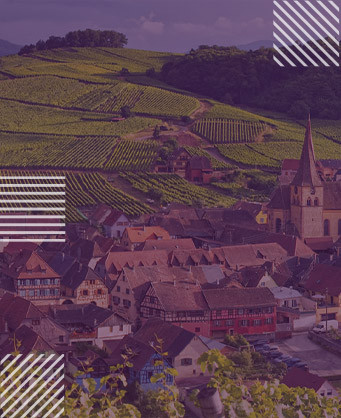
Alsace
Alsace is located in northeastern France, between the Vosges Mountains and the French border with Germany, marked by the Rhine. This is a long, thin region, 185 kilometers from north to south and only 40 kilometers from east to west. The key wine-growing regions here are located on the lower slopes of the Vosges, with eastern and southeastern exposure. Alsace specializes in white varieties such as Riesling, Gewürztraminer, Pinot Blanc and Pinot Gris. These varieties, naturally distributed in neighboring Germany, in contrast, here are produced in a much drier style. The best presented are the dry and mineral Riesling, the spicy and strong Gewürztraminer, which go well with the local cuisine. Other interesting and noteworthy are the light and fresh Sylvaner, as well as Pinot Blanc and Pinot Gris.
More wines of this region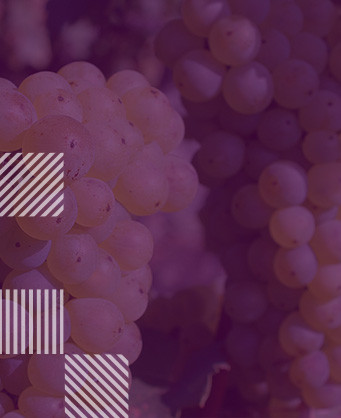
Riesling
Riesling is an aromatic white grape variety that produces wine in the entire range - from botrytized sweet (one of the best in the world) to dry and semi-dry varieties, with captivating aromas of citrus and stone fruits, as well as the typical petroleum aroma, which in certain terroir appearances can dominate sensitively. Riesling's homeland can be said to be the valleys of the Rhine and Moselle rivers in Germany - the variety likes cooler weather. Naturally, here are the main wine regions of the country (Moselle, Rheinhessen, Rheingau, Pfalz). The vineyards are located on the steep hills, making mechanisation difficult, so here the viticultural activities are mainly manual. The wines from these regions are fresh and with a pronounced acidity. However, Riesling in Germany is by no means the main variety, in fact another is the wine region in which this variety is most common - and this is Alsace in France (or Elsaß in German). Unlike the German Riesling, the French Riesling is more saturated and lush due to the specifics of the microclimate there - the Vosges Mountains provide protection from northern winds and cold, and the sun is more generous in this southern region. Outside of these countries, perhaps Austria also presents itself with an interesting reading of this often called king of white varieties, and some countries of the New World successful experiment with it as well.
More wines of the same variety
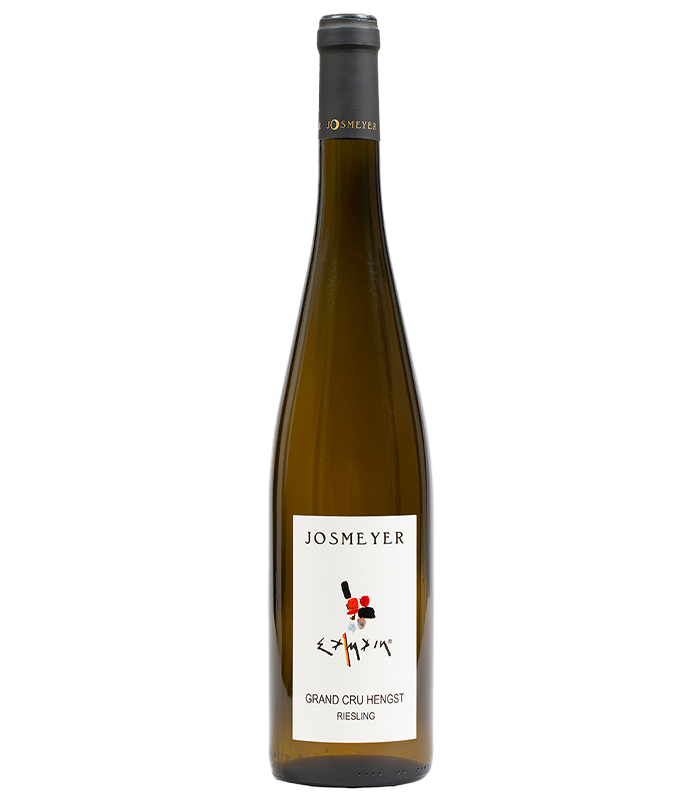






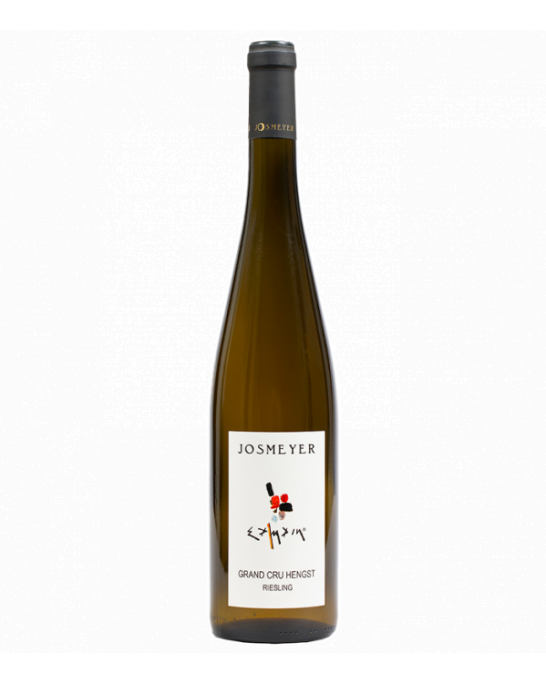
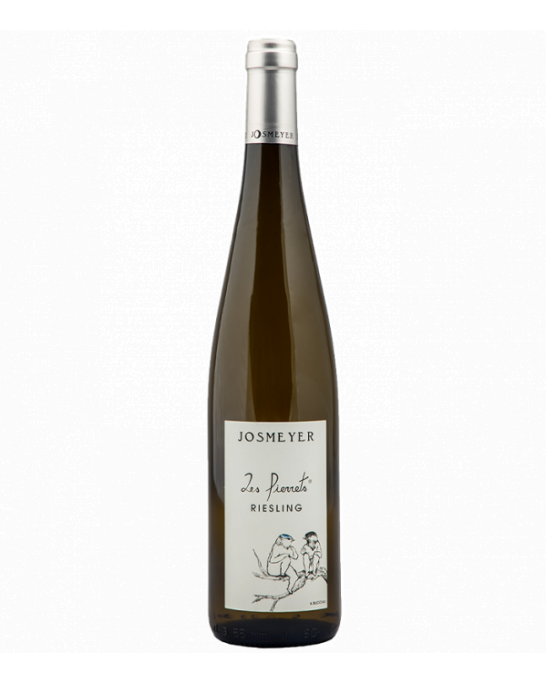
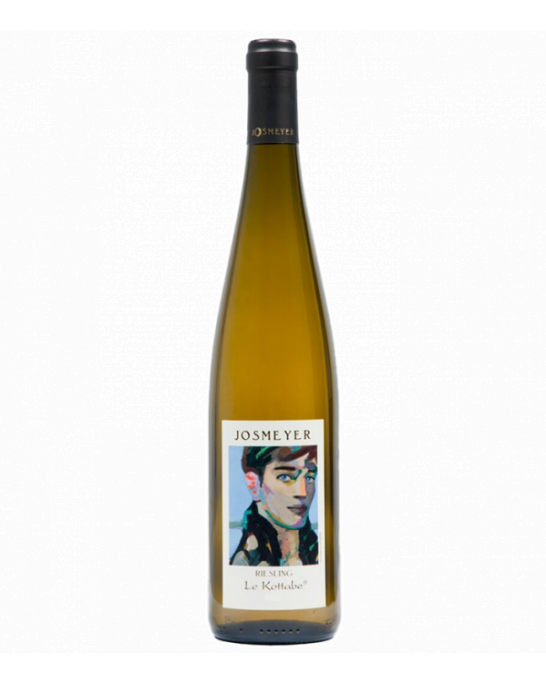
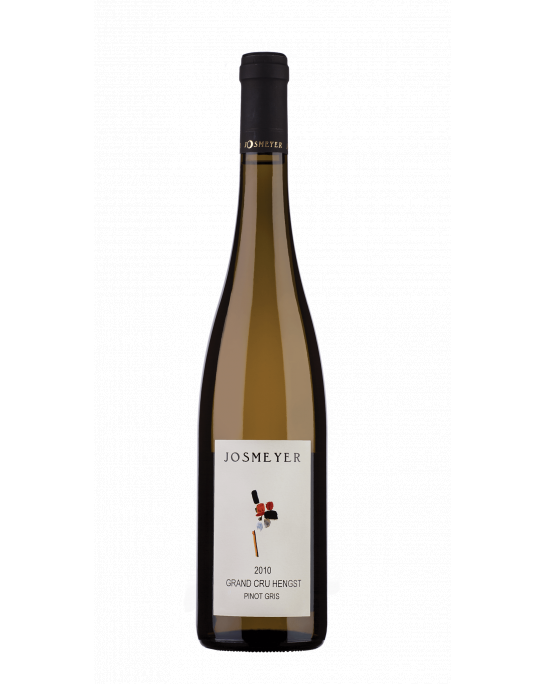
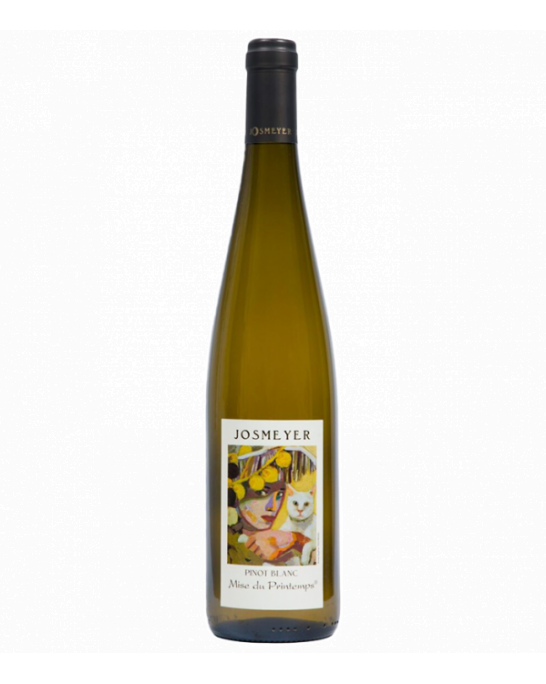
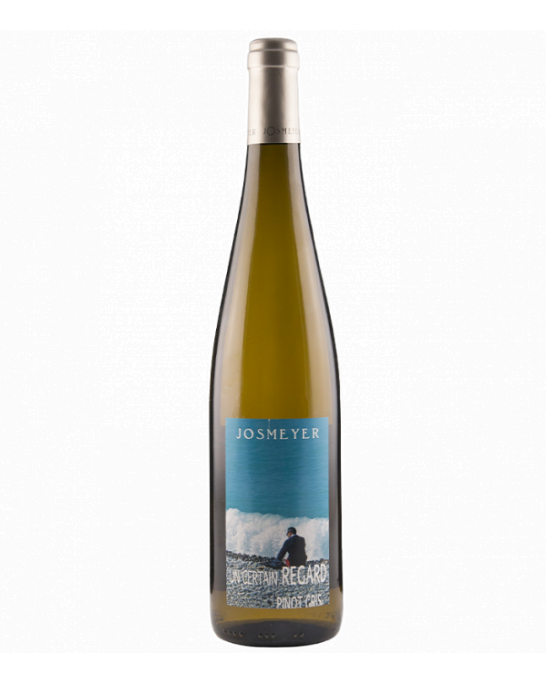
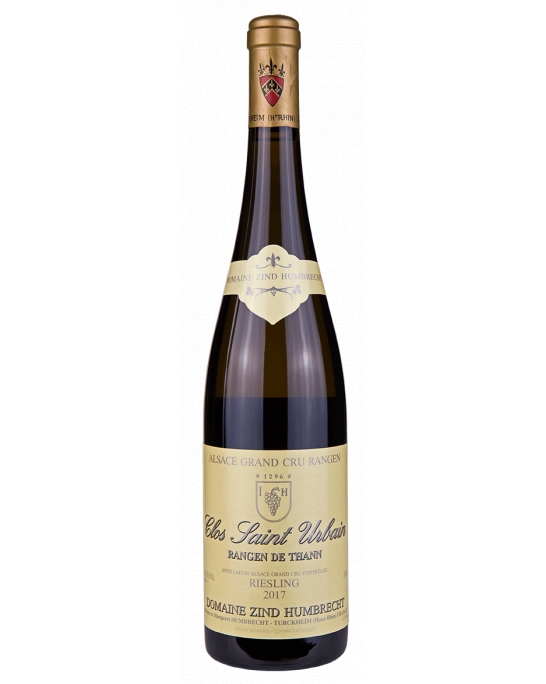
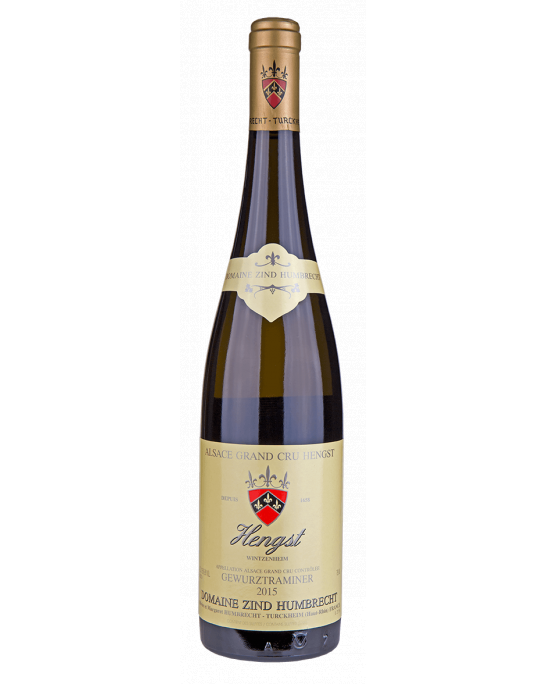
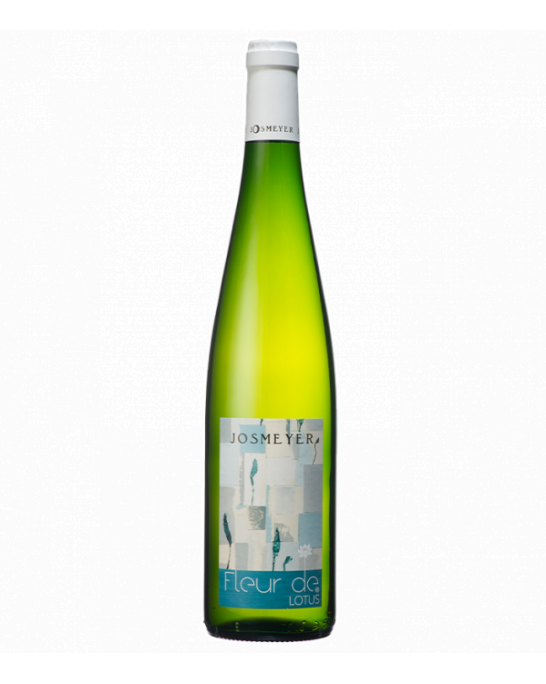
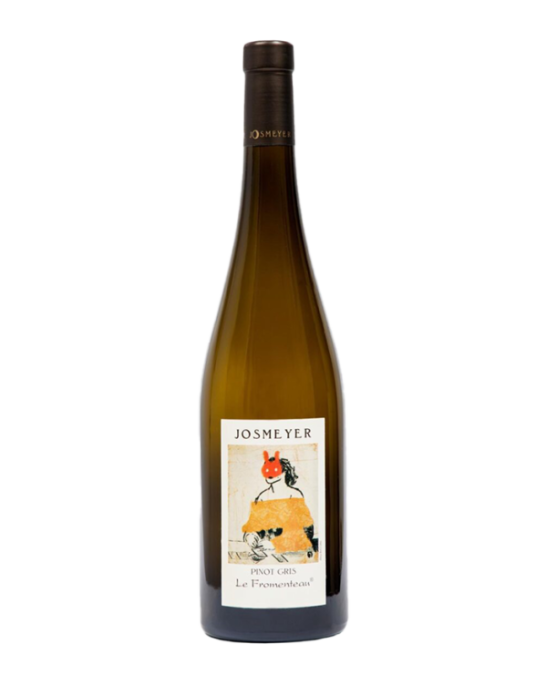
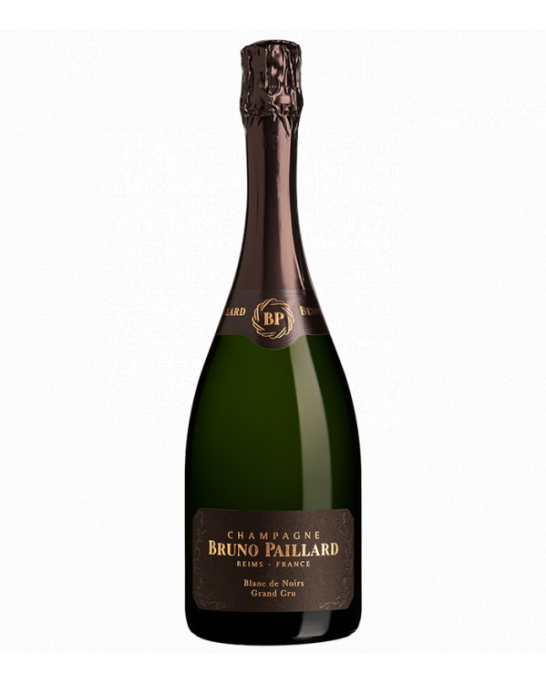
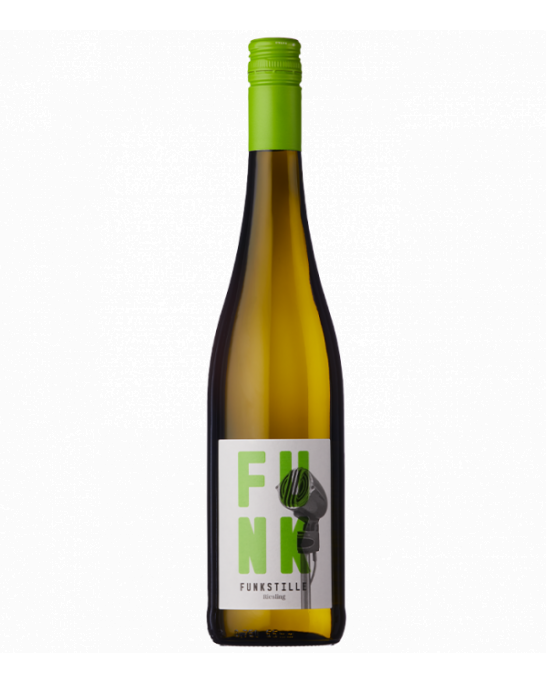
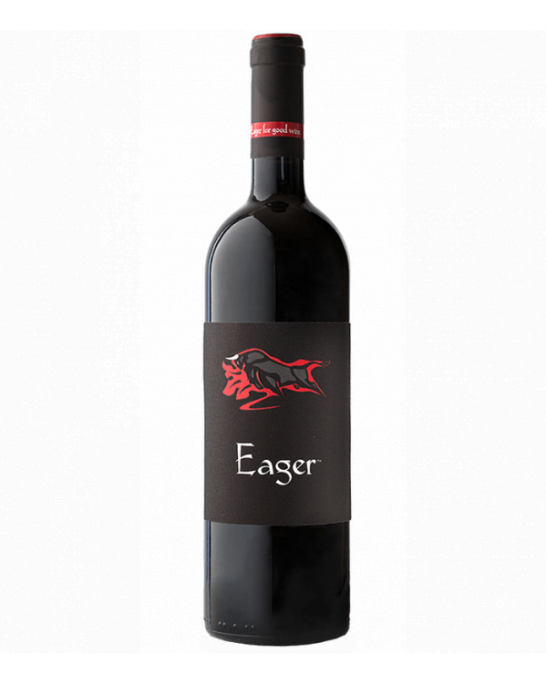
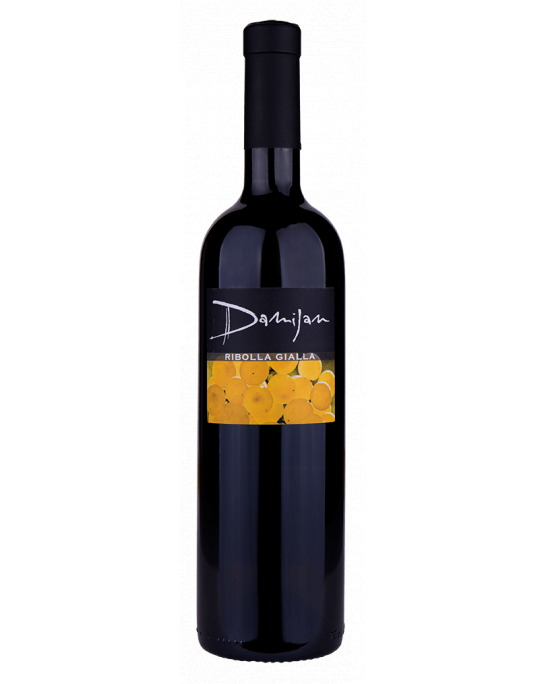
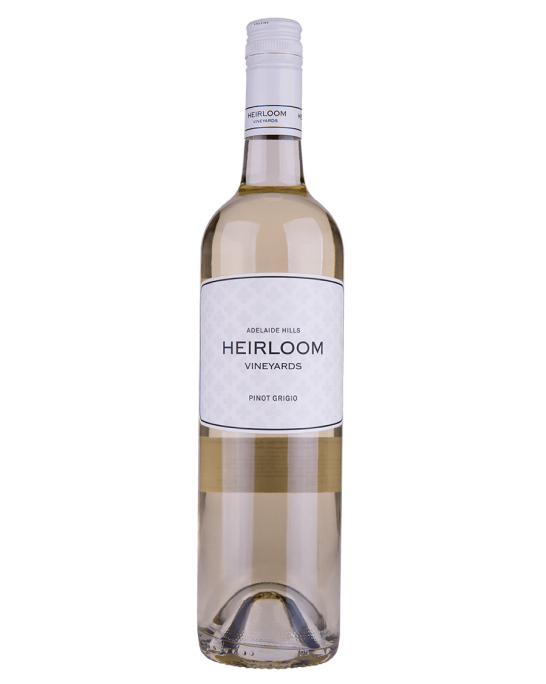
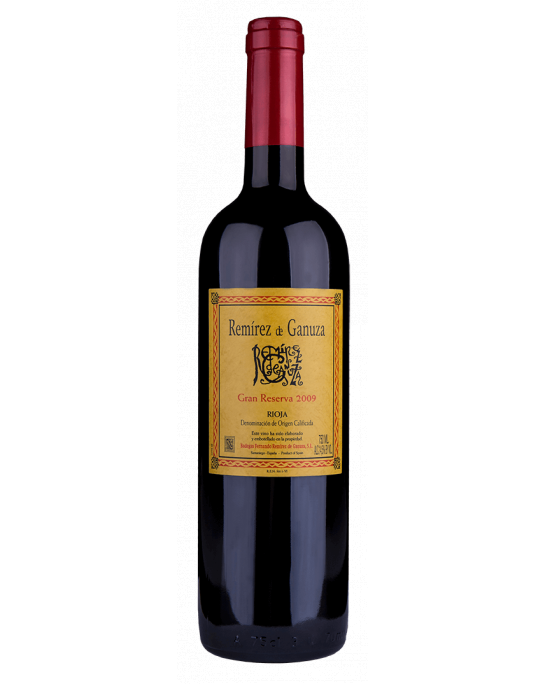
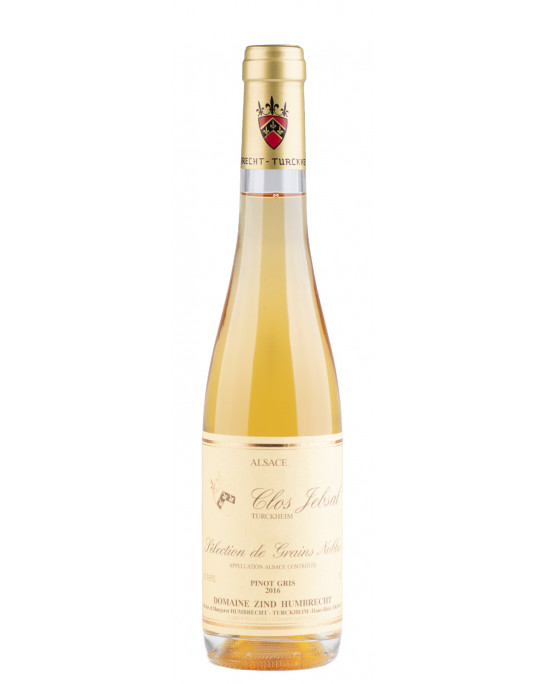
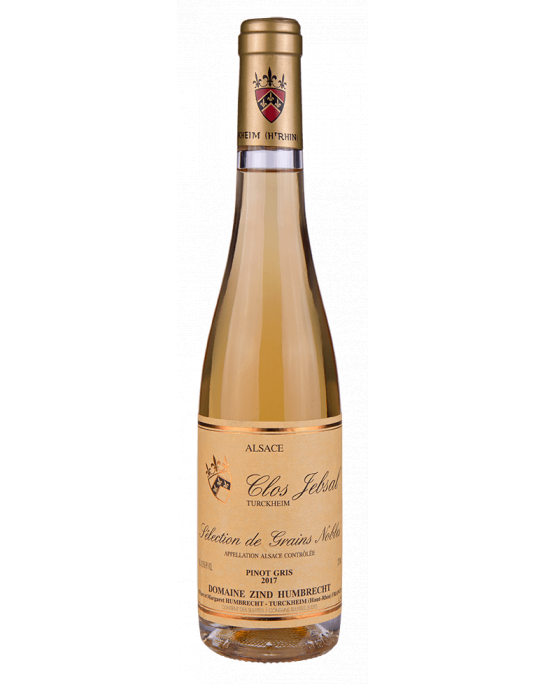
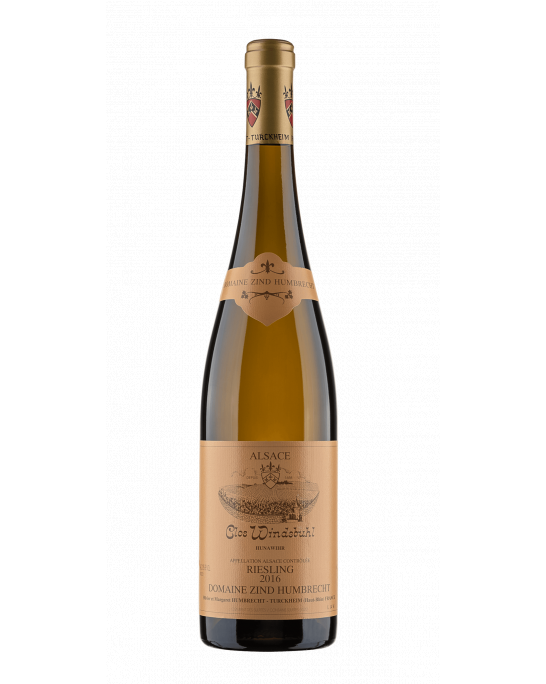
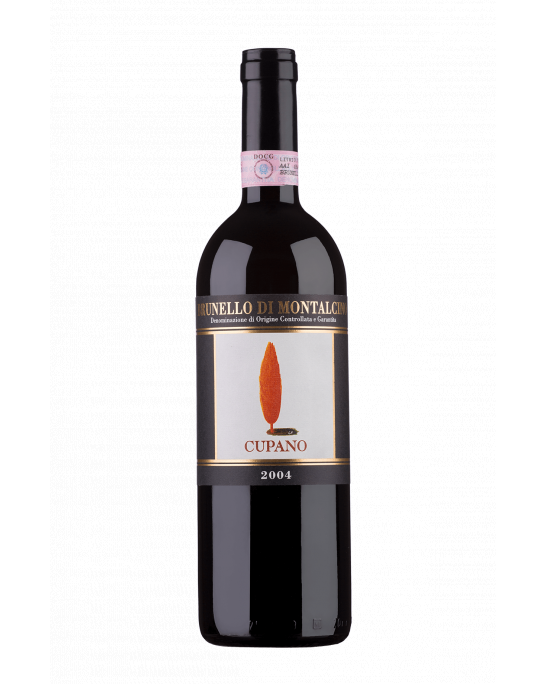
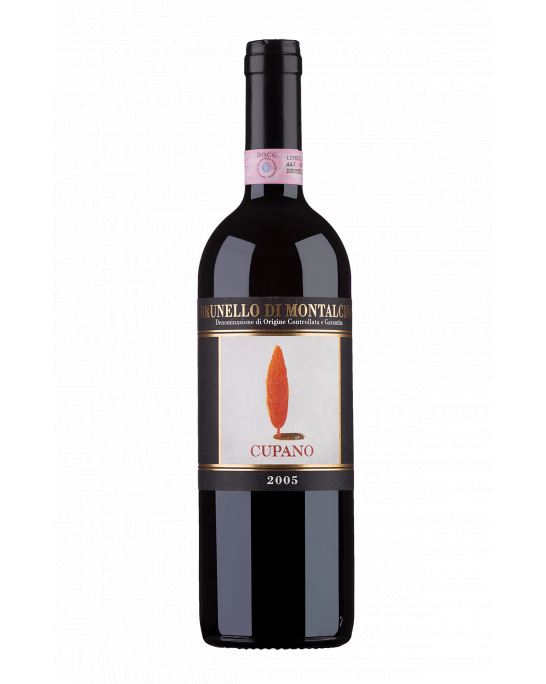
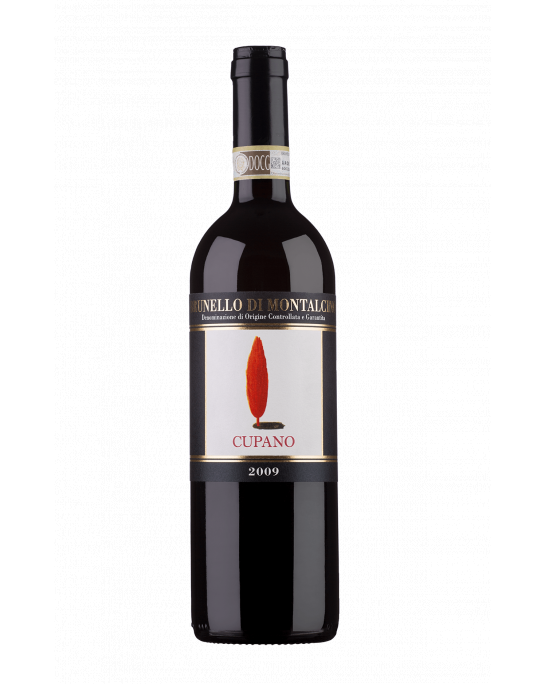
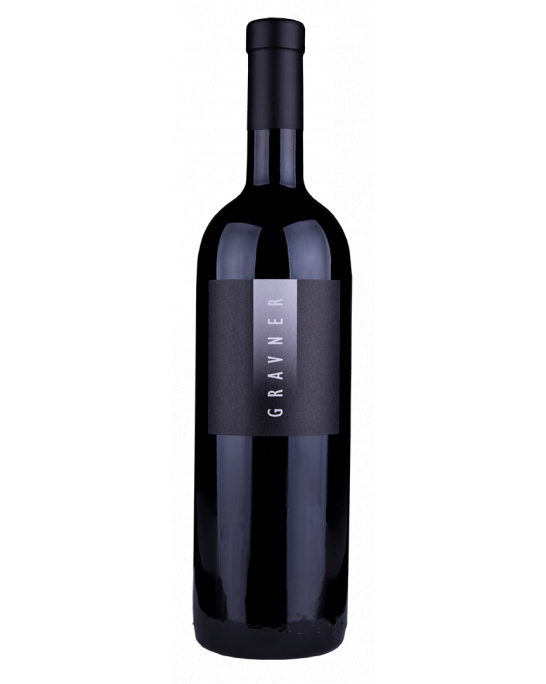
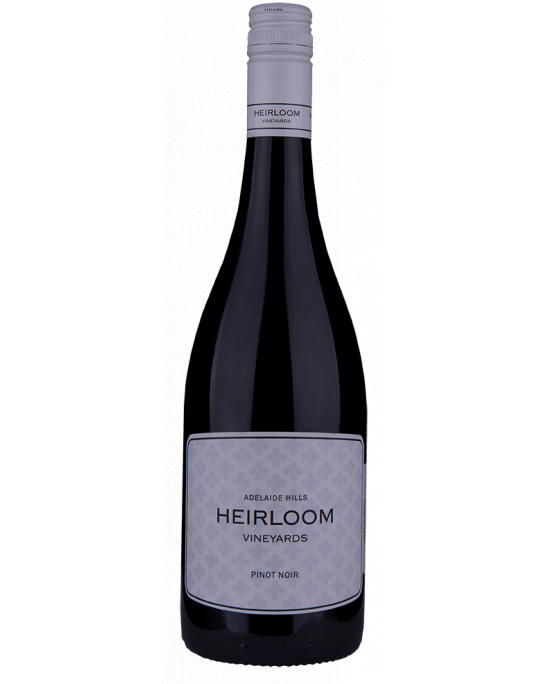
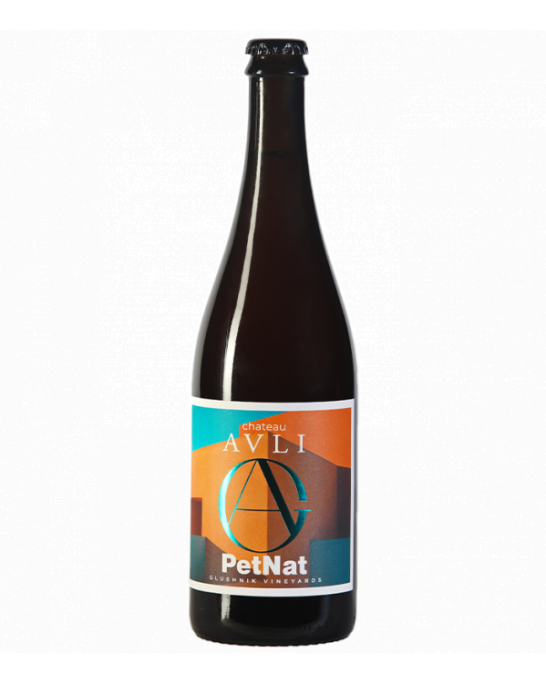
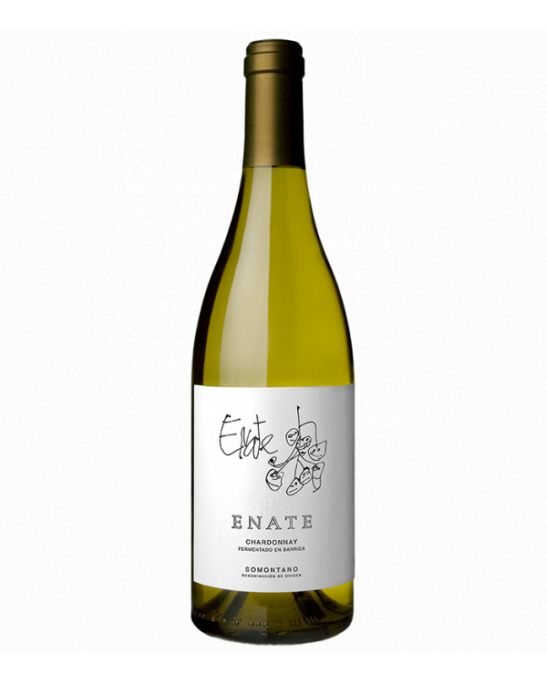
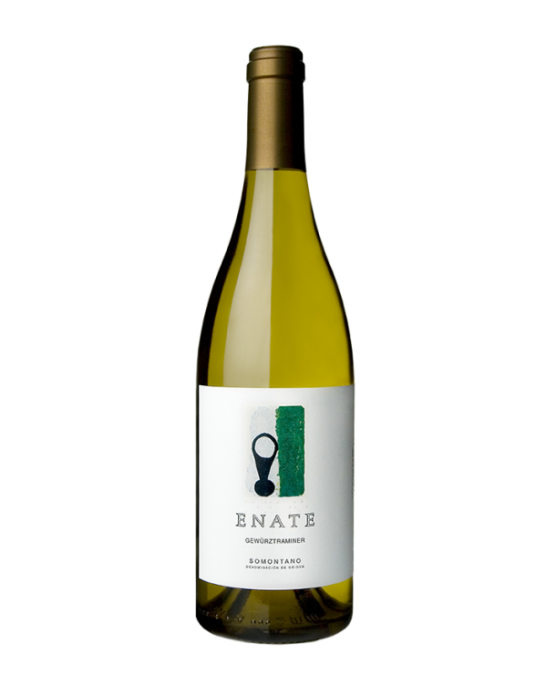
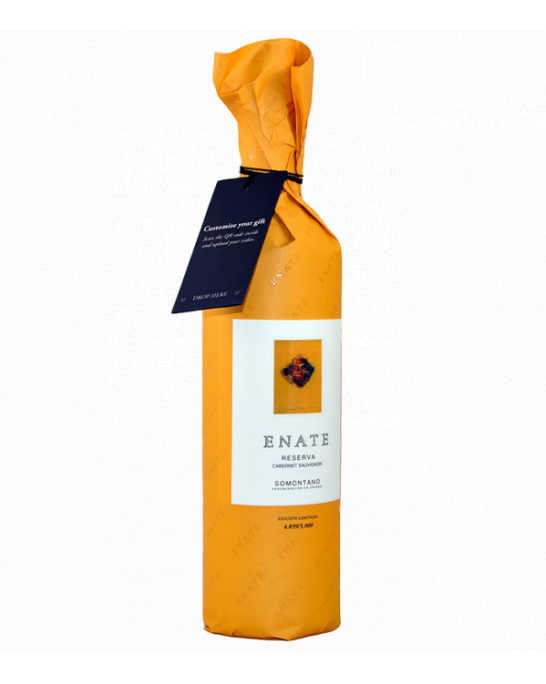
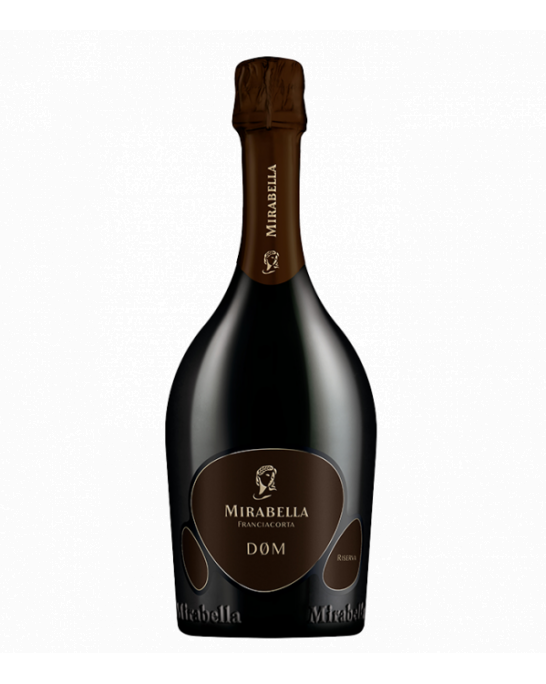
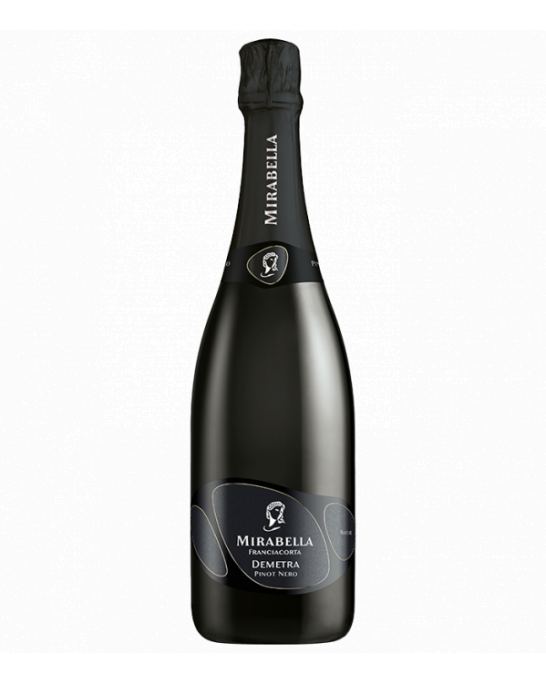
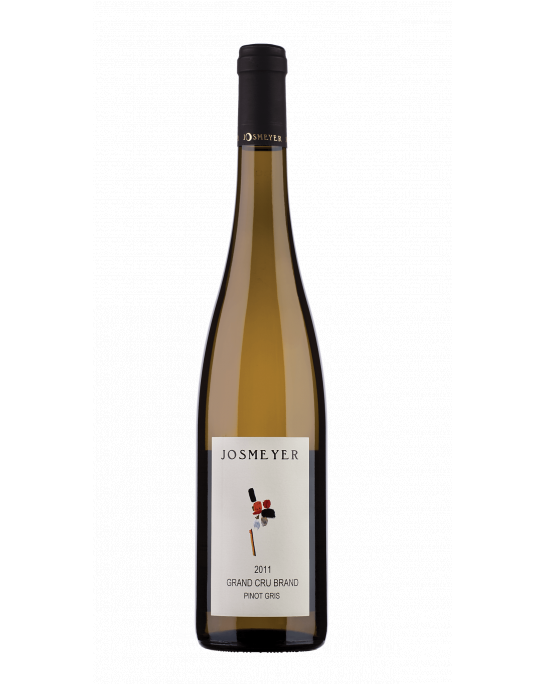
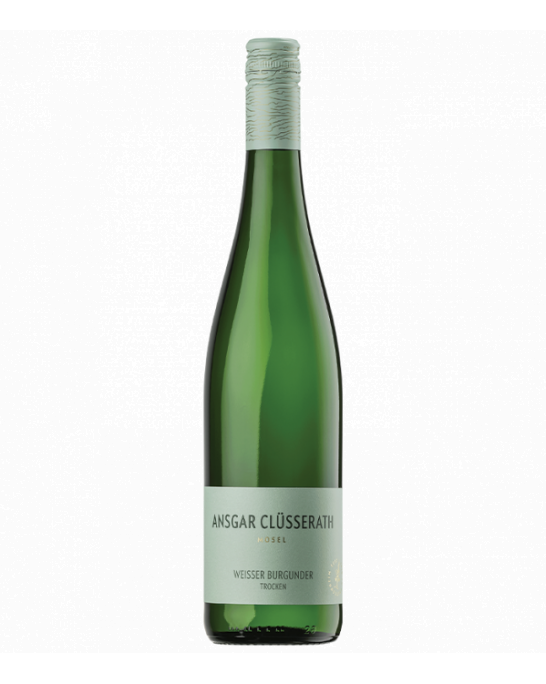
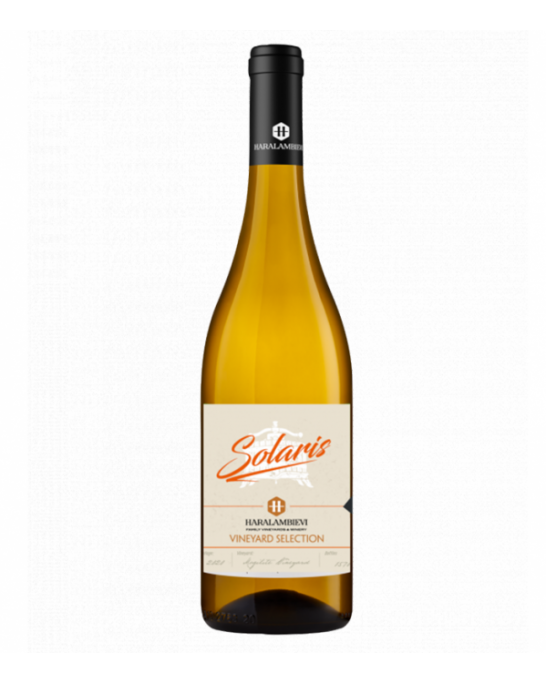
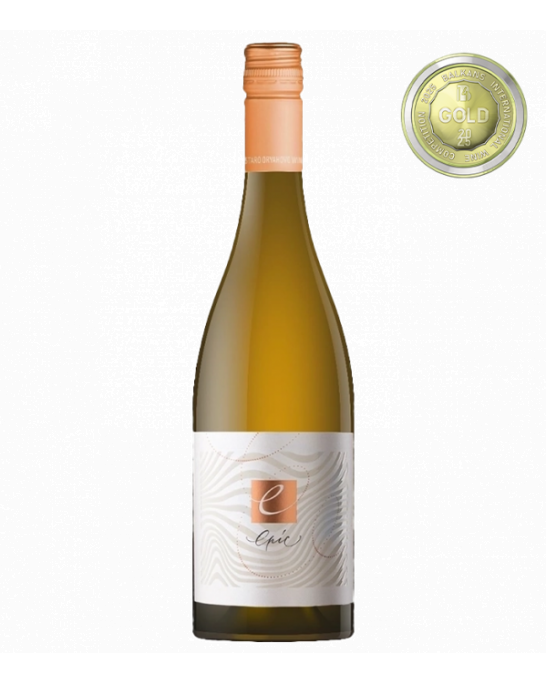
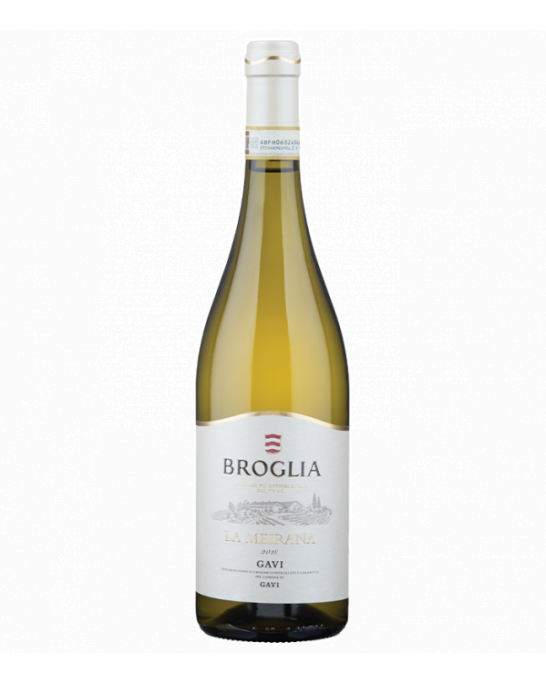
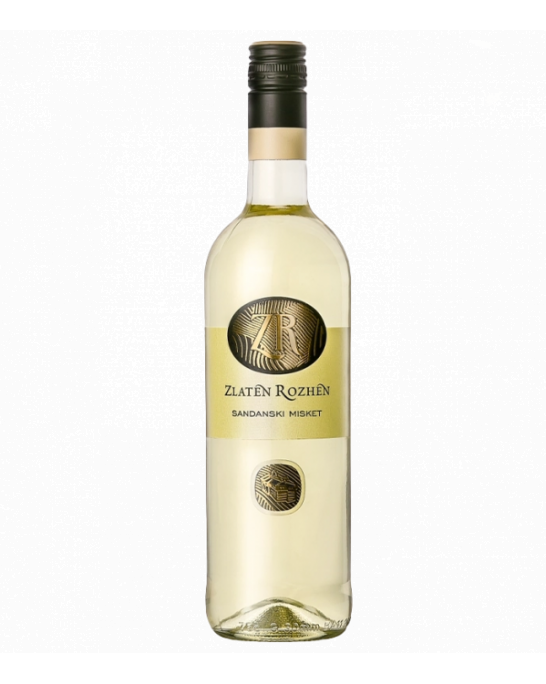
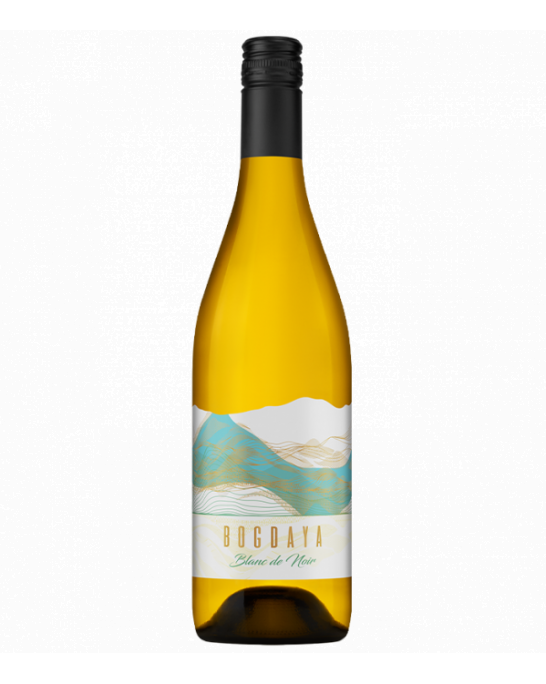
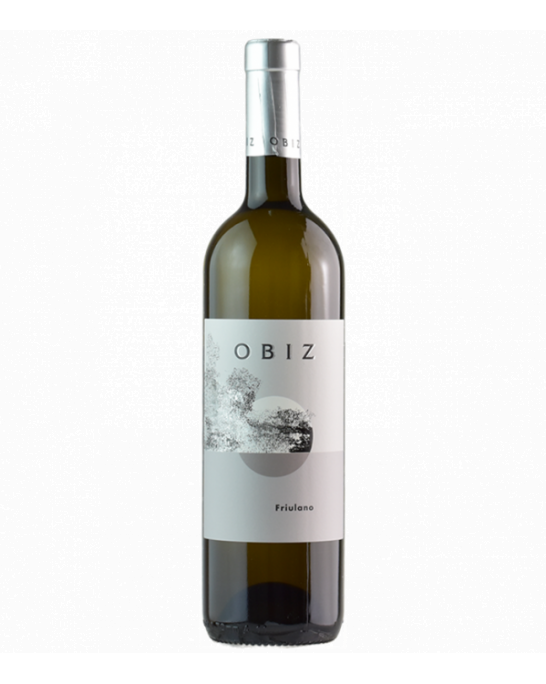
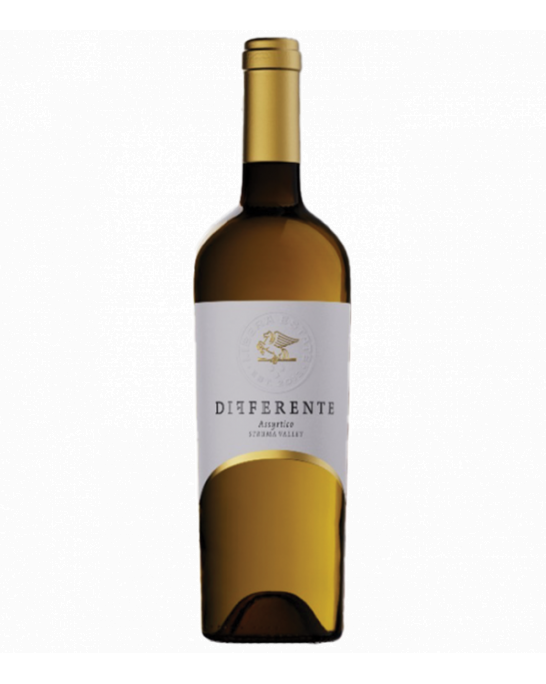
Customer reviews
No reviews available
Be the first to review